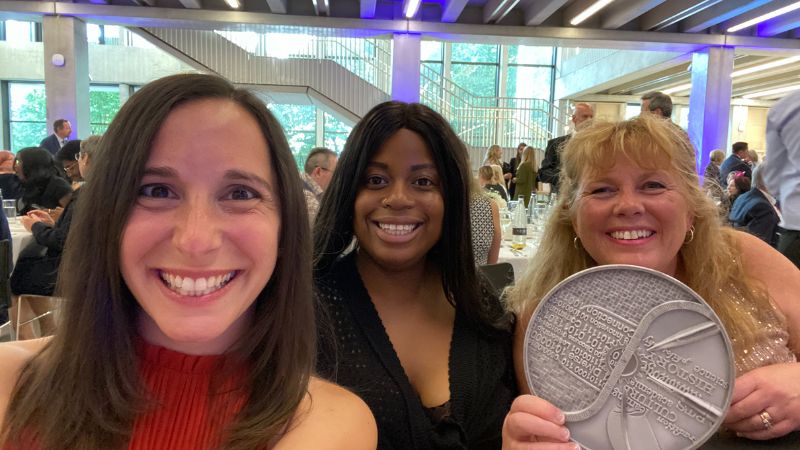Curriculum decolonisation

Oxford Brookes University’s work to tackle degree award gaps and poorer experiences of ‘BAME’ students, jointly wins University Alliance Innovation award
Work to tackle degree award gaps and poorer experiences of ‘BAME’ students, particularly African/Afro-Caribbean students by Oxford Brookes Social Work Programme has jointly won the University Alliance Award for Innovation. Their co-winner was Kingston University.
The social work team has been working since 2017 to decolonise the curriculum and find practical ways to tackle structural inequalities. Innovation has been right across the student experience, encompassing admissions, teaching and research as well as to increase diversity within the staff team.
The curriculum has been (and continues to be) overhauled, with a review of all literature. Collaboration with colleagues at Hope Africa University in Burundi has created a more inclusive and internationalised approach. Learning from wider indigenous models has helped to inform the team's overall approach to teaching and research.
Reverse mentoring
Students reverse mentor lecturers to foster better cross-cultural understanding and augment the decolonisation process. A Global Majority Collective group of Social Work students from diverse backgrounds meets regularly to discuss their experiences and work with their lecturers to suggest and implement improvements. Two changes have been to use the Mandela model to support students in their studies and to embed ‘Ubuntu’ philosophy (I am because we are) in the curriculum.
Jill Childs, Programme Lead for Social Work at Oxford Brookes University, said: “We’re thrilled to win this award. Our work focuses on developing solutions to overcome university access and degree awarding gaps so we can ensure better overall attainment, better job prospects and better help for all communities. We hope that by offering more culturally sensitive teaching we can also equip our graduates with better skills for the difficult profession that is a vital part of our society. I love the fact that it’s a two-way process - we’re all constantly learning from each other.”
Chevell Perry, a current student who is contributing to the mentoring and overall student direction of the project, said: “It’s really refreshing that we’re actively encouraged to voice our opinions and make suggestions to improve things. I like the way our cultural experiences are welcomed and actively discussed to see how looking through that lens can alter what we may need to put in place to support our service users.”
